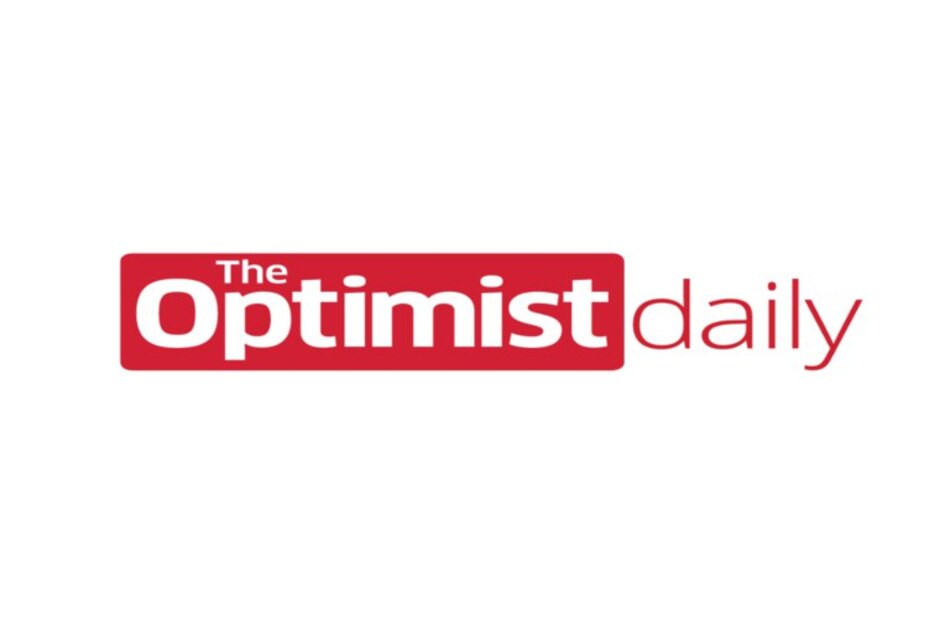Senegal has exactly one circus troupe: Sencirk—and it was founded by a former child beggar named Modou Touré.
Before taking his place as ringmaster of his own circus, Touré, at the age of seven, was sent to a Quranic school. As punishment for learning the Islamic holy book too slowly, he was physically punished and brutally abused.
He eventually escaped the school and ran away to Dakar, the capital city of Senegal, where he was homeless for years before being taken in at a shelter. During his time at the shelter, two Swedish circus performers came to visit to teach the children there some acrobatics. It was then that Touré became enchanted by the practice and the circus life.
He decided to train in Sweden for a few months and gained experience touring with professional circus troupes around the world. “Circus is my therapy,” declares Touré, who is now 31. Practicing the routines and performing them helped him take control over his emotions, overcome the difficulties he had with being touched and making eye contact, and allowed him to get over the traumatic memories of his school days.
Eventually, Touré decided that he wanted to help others like him, and so returned to Dakar to open Sencirk.
Each year, thousands of Senegalese children are sent to the cities to study the Quran, and if they do not fulfill their work to their teacher’s liking, they are often beaten or chained. Those who escape will likely find themselves begging on the street as Touré did.
Through Sencirk, these children find “confidence and… battle their demons,” Touré says.
One of the young participants says that the circus “helps [him] learn and it makes [him] aware.” The 14-year-old plans to teach circus to the kids in his hometown should he ever make it back, but in the meantime, his goal is to join Sencirk as a full-time performer.
The Sencirk troupe hosts regular free workshops at rescue homes for homeless children and women’s shelters.
“It shows them they can go from the streets to making a living in the circus,” Touré explains.
To preserve what the troupe calls the “Africanness” of their shows, Sencirk only uses locally found materials to construct equipment like trapezes, safety mats, and juggling balls. They also ensure that their performances tell stories that other West Africans can relate to.
For instance, one of their shows portrays the difficulties of clandestine migration to Europe, and another shares the experience of living as a talibé runaway.
Together, the circus troupe is building a community that is founded on the shared experience of working through trauma and strengthening each other by overcoming their troubles together.











